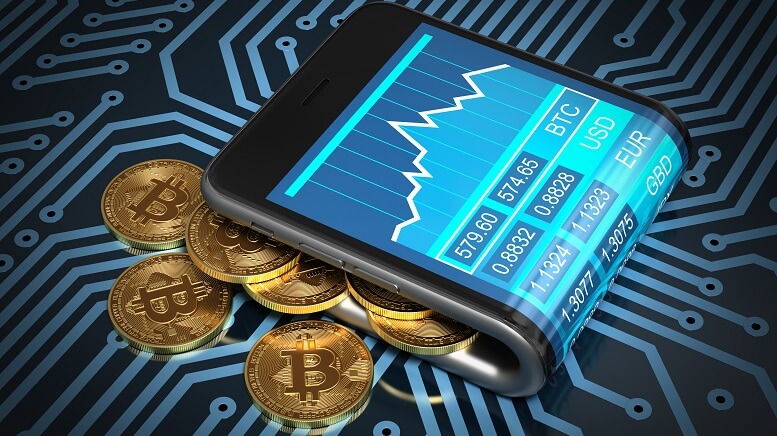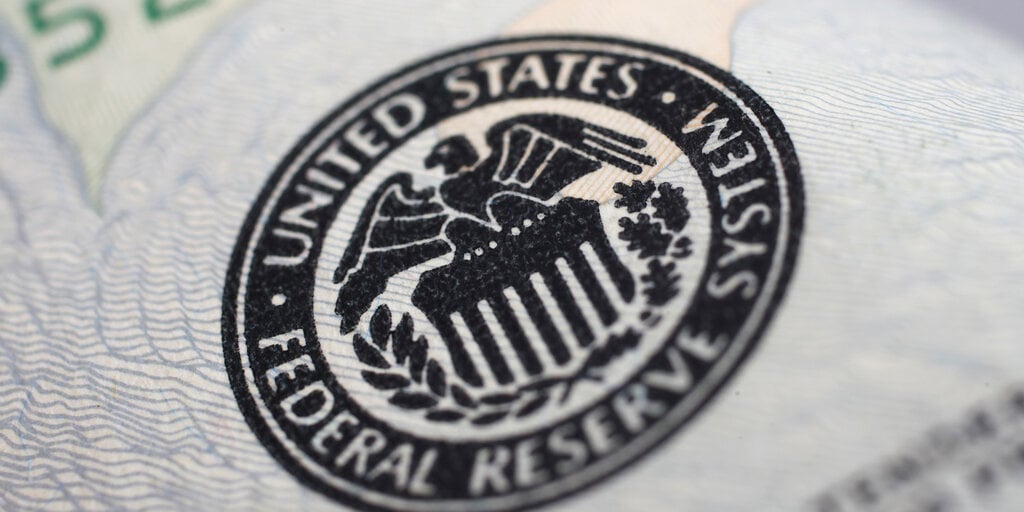Protecting Your Bitcoin Wallet: Essential Security Measures
Bitcoin has become a highly sought-after asset in today’s digital landscape, making it crucial for users to safeguard their cryptocurrency holdings. Whether you are a seasoned Bitcoin investor or just starting your journey in the world of crypto, implementing security measures is paramount. Here are some practical steps to secure your Bitcoin wallet:
1. Utilize a Hardware Wallet
While there are various types of cryptocurrency wallets available, hardware wallets offer unparalleled security. Unlike online wallets, hardware wallets are “cold,” meaning they are not connected to the internet, reducing the risk of cyber threats. Leading brands such as Trezor and Ledger provide hardware wallets stored in external, USB-like devices.
2. Store Your Private Key Offline
Instead of storing your entire cryptocurrency holdings, hardware wallets secure a private key that corresponds to your public key. Safeguard this private key by keeping it offline, such as by writing it down on paper and storing it in a secure location accessible only to you.
3. Encrypt Your Wallet
Implement encryption measures like two-factor authentication to bolster the security of your Bitcoin wallet. Additional encryption software can provide an extra layer of protection against potential cyber threats.
4. Diversify Your Storage
Spread your Bitcoin holdings across multiple wallets to mitigate the risk of a single point of failure. Diversifying your storage solutions helps safeguard your assets in case one wallet is compromised.
5. Exercise Caution with Transactions
Be mindful of the size and frequency of your Bitcoin transactions, as large transactions may attract unwanted attention from cybercriminals. Consider implementing additional security measures for significant transfers.
6. Secure Your Internet Connection
Use a secure internet connection, especially when accessing your Bitcoin wallet online. Avoid public Wi-Fi networks, as they pose a higher risk of unauthorized access. Consider using a reputable VPN service for added security.
7. Maintain Confidentiality
Keep your Bitcoin holdings and private key confidential, sharing this information sparingly. Treat your private key as you would your bank account PIN, disclosing it only to trusted individuals.
8. Install Antivirus Software
Protect your digital assets from malware and cyber threats by installing reliable antivirus software. Regularly update your antivirus program to safeguard against the latest cybersecurity risks.
9. Beware of Phishing Scams
Exercise caution when engaging with emails and links related to your Bitcoin wallet, as phishing scams can compromise your sensitive information. Stay vigilant and avoid clicking on suspicious links or providing confidential details.
10. Verify Recipients and Transactions
Double-check recipient addresses and transaction details to ensure the accuracy of your Bitcoin transfers. Utilize software tools to verify transactions and scrutinize potential partners before conducting transactions.
11. Back Up Your Wallet
Always create backups of your Bitcoin wallet to safeguard against data loss or technical issues. Explore different backup methods to find the most suitable option for your security needs.
By implementing these essential security measures, you can protect your Bitcoin wallet and navigate the evolving landscape of cryptocurrency with confidence. Stay informed about security trends and best practices to enhance your Bitcoin protection in the digital realm.
Image/Photo credit: source url





